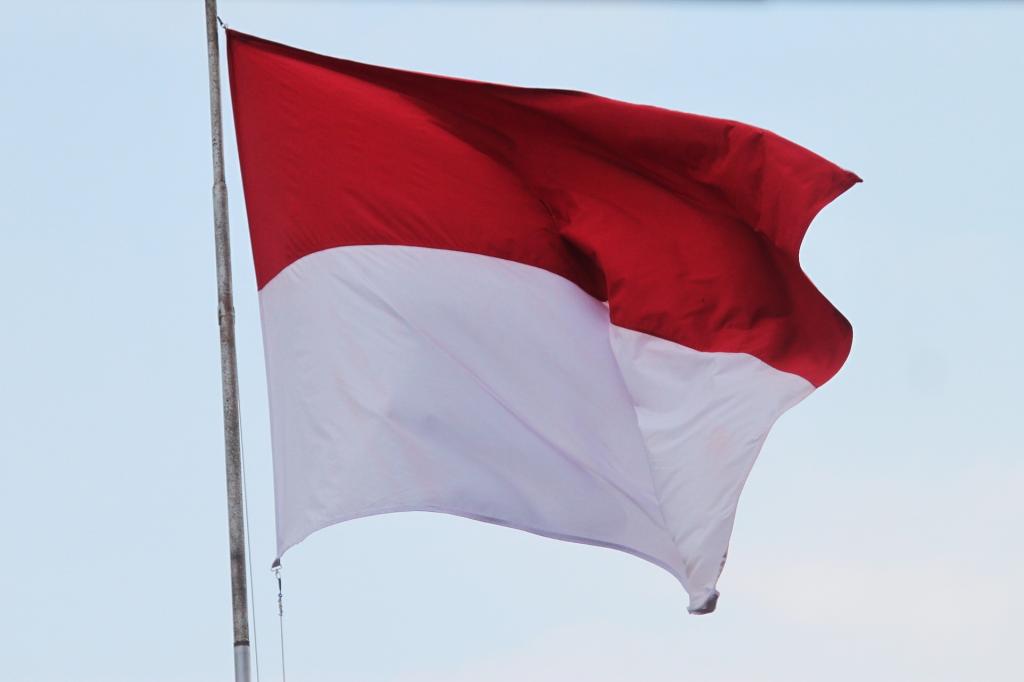Abstract
Aliran politics is an analytical framework that considered too simplistic and less accurately classifying the political axes of Indonesian socio-political structure. This article, however, shows that aliran still prevails in the form of politicization of identity that reflected in the post 2014. The analysis was constructed through scrutinizing Indonesia election dynamics with put an insight to the 2017 Jakarta gubernatorial contest. Some interviews with several political party officials as well as civil society organizations activists and document study were conducted as the data collection method. The study reveals that the more integration of electoral contestation between local and national level had driven the polarization of political elites that in line with the ideology-based masses grouping. Despite the interest dimension was still prominent in which some Islamic parties and groups choose to opposed to their counterparts, the friction between Islamic groups and nationalists-secular was unavoidable. Considering the advantageous of the commodification of religious, ethnic, and ideological identities, the re-emerging of aliran could potentially be eminent in subsequent political contest.
Keywords: aliran politics, Islamic party, election, identity politics.


